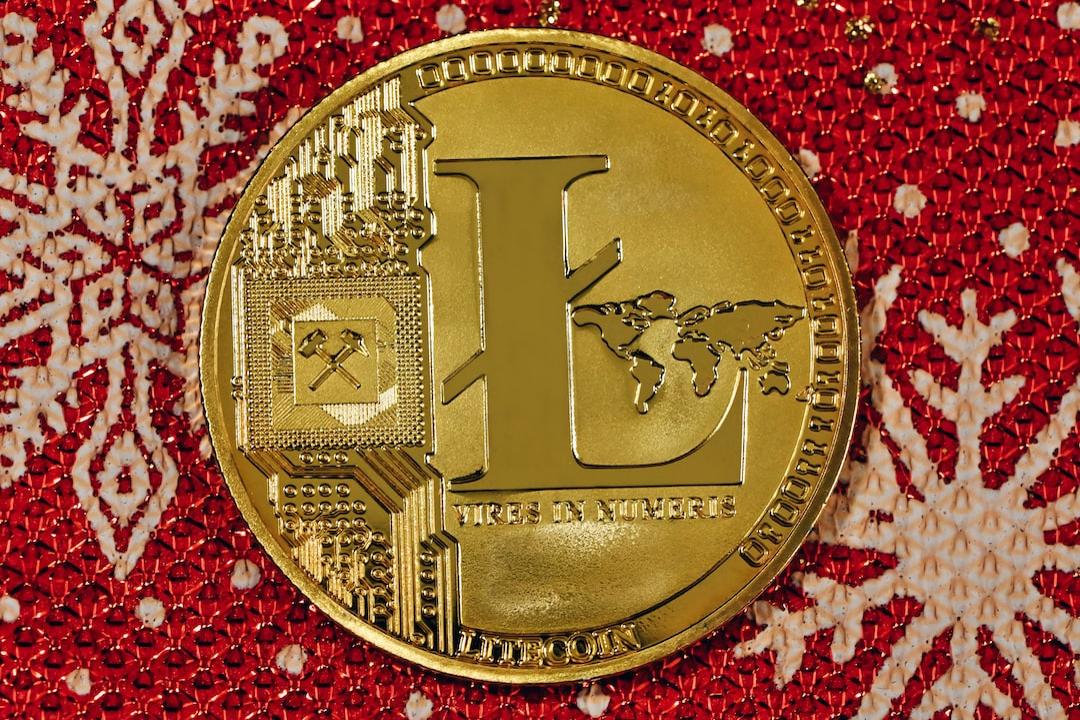In April, the unexpected and significant drop in the prices of Movement Labs’ MOVE token and Mantra’s OM token caused widespread attention in the cryptocurrency sector.
In both cases, the rapid collapse of token prices brought to light the roles of major players in the market and the opaque deals involved. Notably, the OM token lost more than 90% of its value within a few hours, raising serious questions within the crypto market.
Market Makers Confront New Risks and Questions
Unlike traditional financial markets, market makers in the crypto asset market not only set buying and selling prices. They also engage in token presale agreements, plan liquidity for centralized exchanges, and sometimes assume roles such as advisory or partnership. This complexity creates a risk environment intertwined with various personal agreements and token modeling in the market.
In the recent scandals, it was alleged that tokens were not unlocked transparently, and some participants made secret agreements. Under these conditions, market makers began to question how to protect their positions against non-transparent token distribution periods. Additionally, the possibility that decisions taken by the community could be overridden by some private agreements became a concern.
Secret Agreements and the Impact of the Secondary Market
In the detailed investigation of the events surrounding the MOVE token, allegations surfaced that company executives released a significant amount of tokens into the market in coordination with their market makers. Such initiatives led to an erosion of mutual trust in the industry. Companies have now adopted a more cautious approach towards their collaboration partners.
Metalpha, based in Hong Kong, stated that they have revised agreement structures to prioritize long-term strategic alignment and ethical behavior over short-term performance, developing protective measures in this scope. They are implementing additional precautions against unethical behaviors, such as excessive token sales and artificial transaction volumes.
Max Sun, Head of Web3 Ecosystem at Metalpha, shared that “projects no longer accept surface reputations without question. We have seen the end of the era of trust.” This statement reflects a significant shift in the approach towards token launches and market-making agreements.
Behind-the-scenes processes in token launches and market-making agreements are influenced by the secondary over-the-counter market. In this market, locked tokens change hands among various investors or funds before they are released for general distribution. This development can cause difficulties for some market participants in determining token supply and value accurately.
Analyst Min Jung from Presto Research noted, “The industry’s dynamics changed with the over-the-counter market. Tokens with dubious price movements are most actively traded in this market.” Jung also emphasized that these processes disrupt the total supply and distribution plan, making it challenging for funds to determine when the actual tokens enter the market.
The recent sudden crashes in the crypto market and the complex deals conducted in the background have initiated a new awakening regarding the functioning of the market.
Market makers and projects are striving to develop approaches that emphasize more transparency, more comprehensive discussions among parties, and long-term trust in agreements. In this context, transparency and open communication are seen as crucial for investors and industry stakeholders to evaluate both risks and opportunities effectively.


